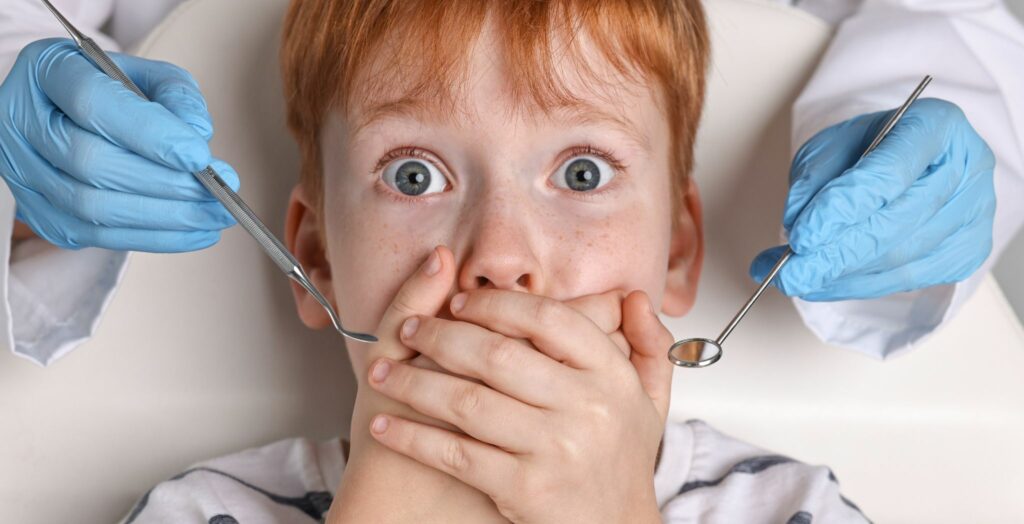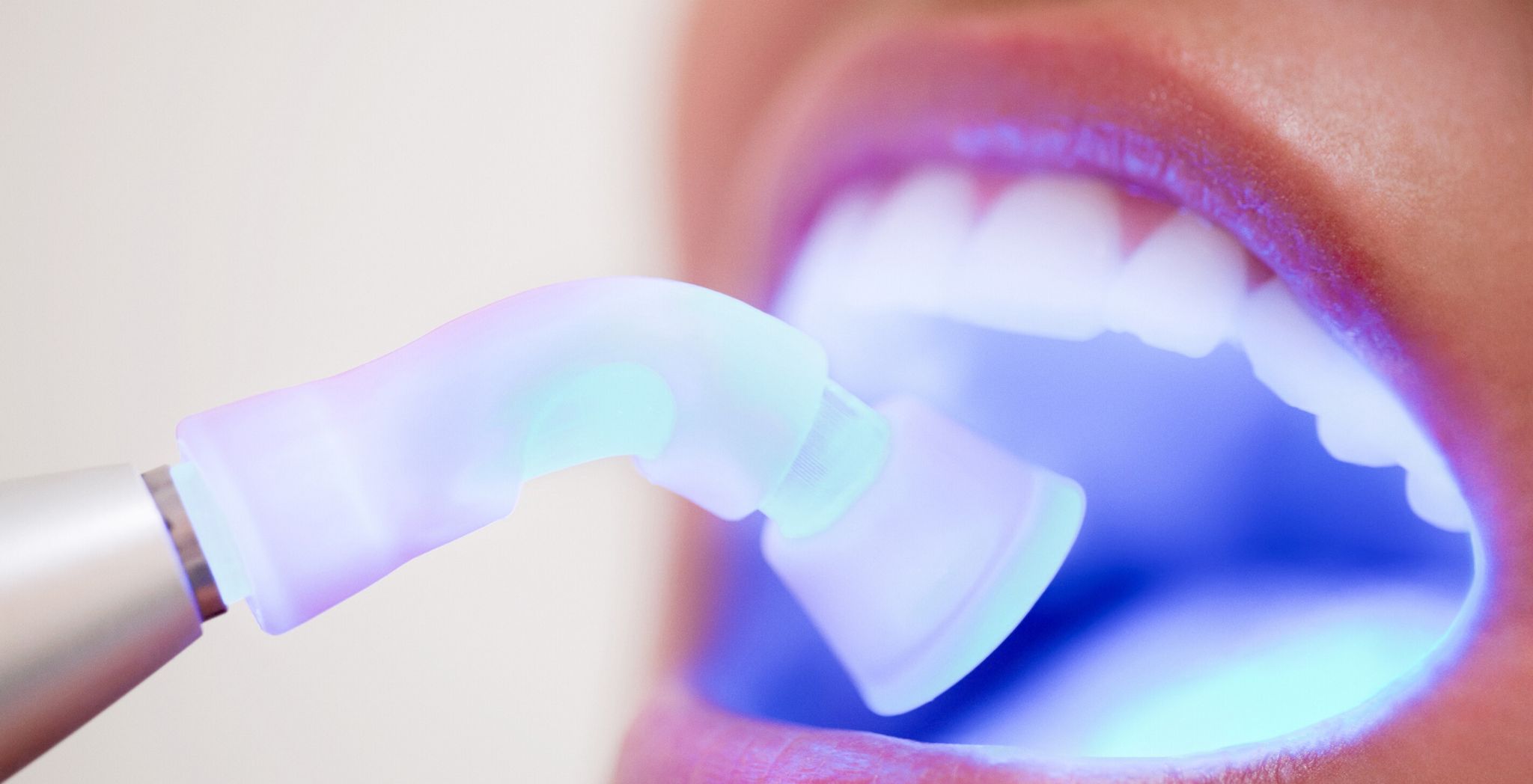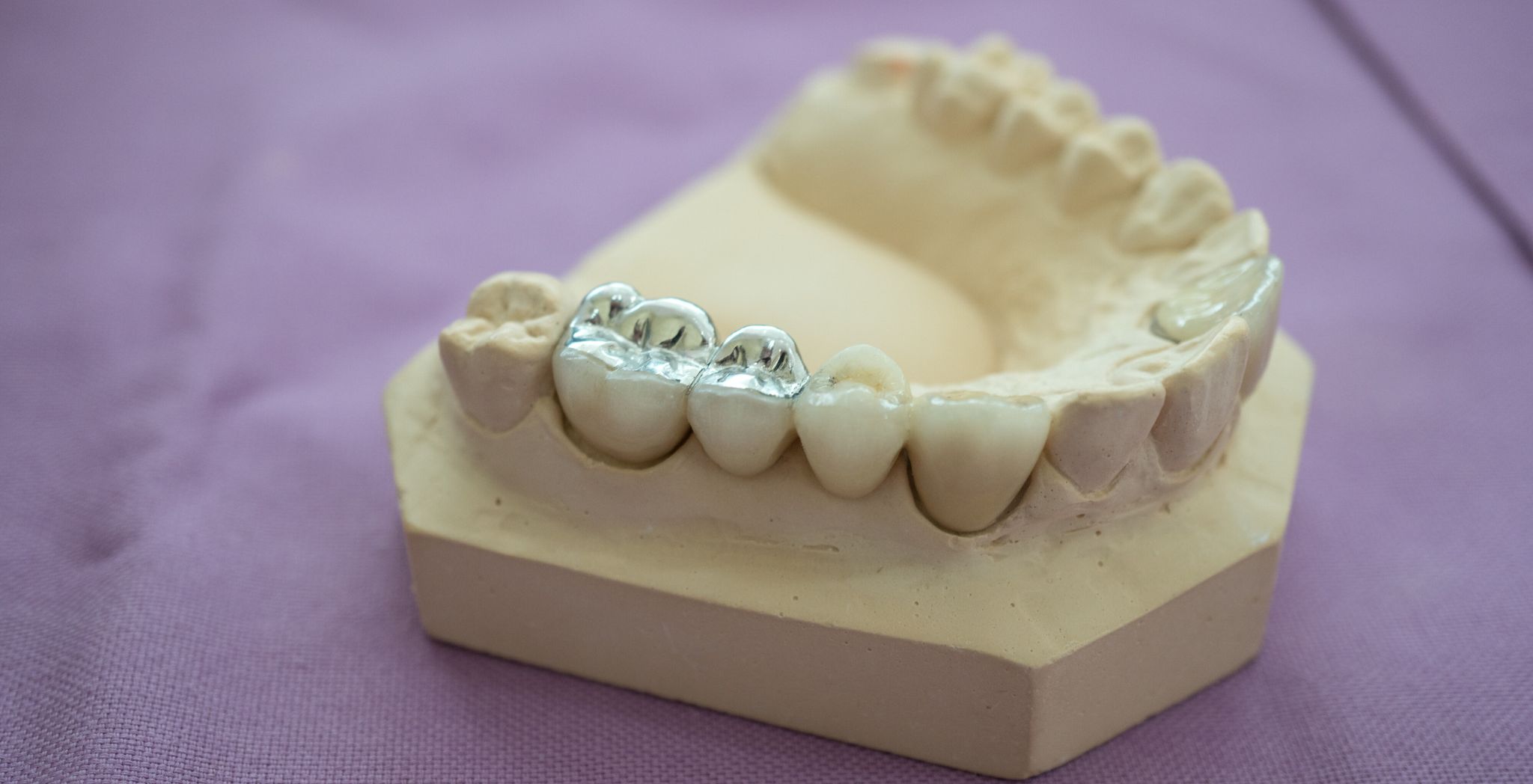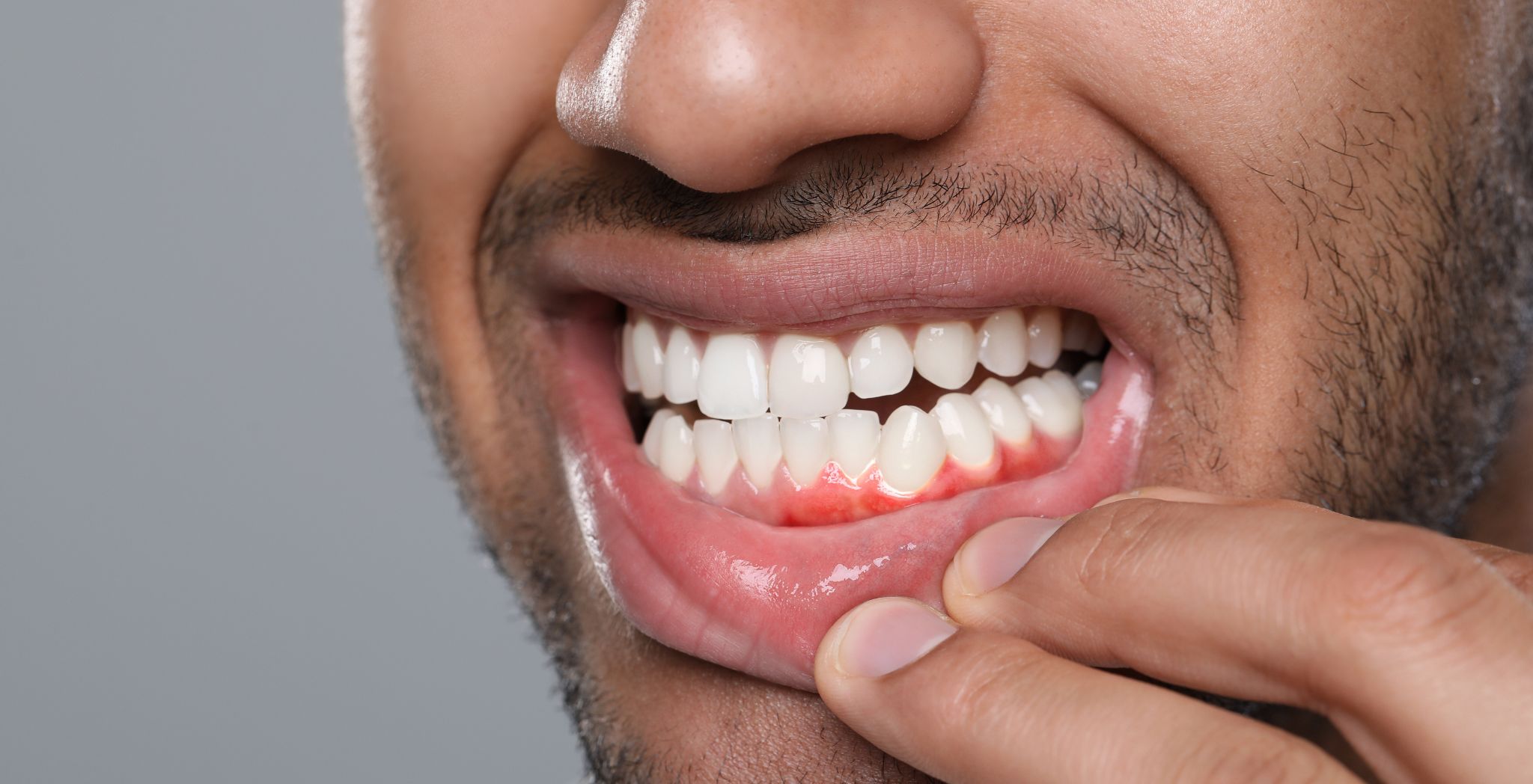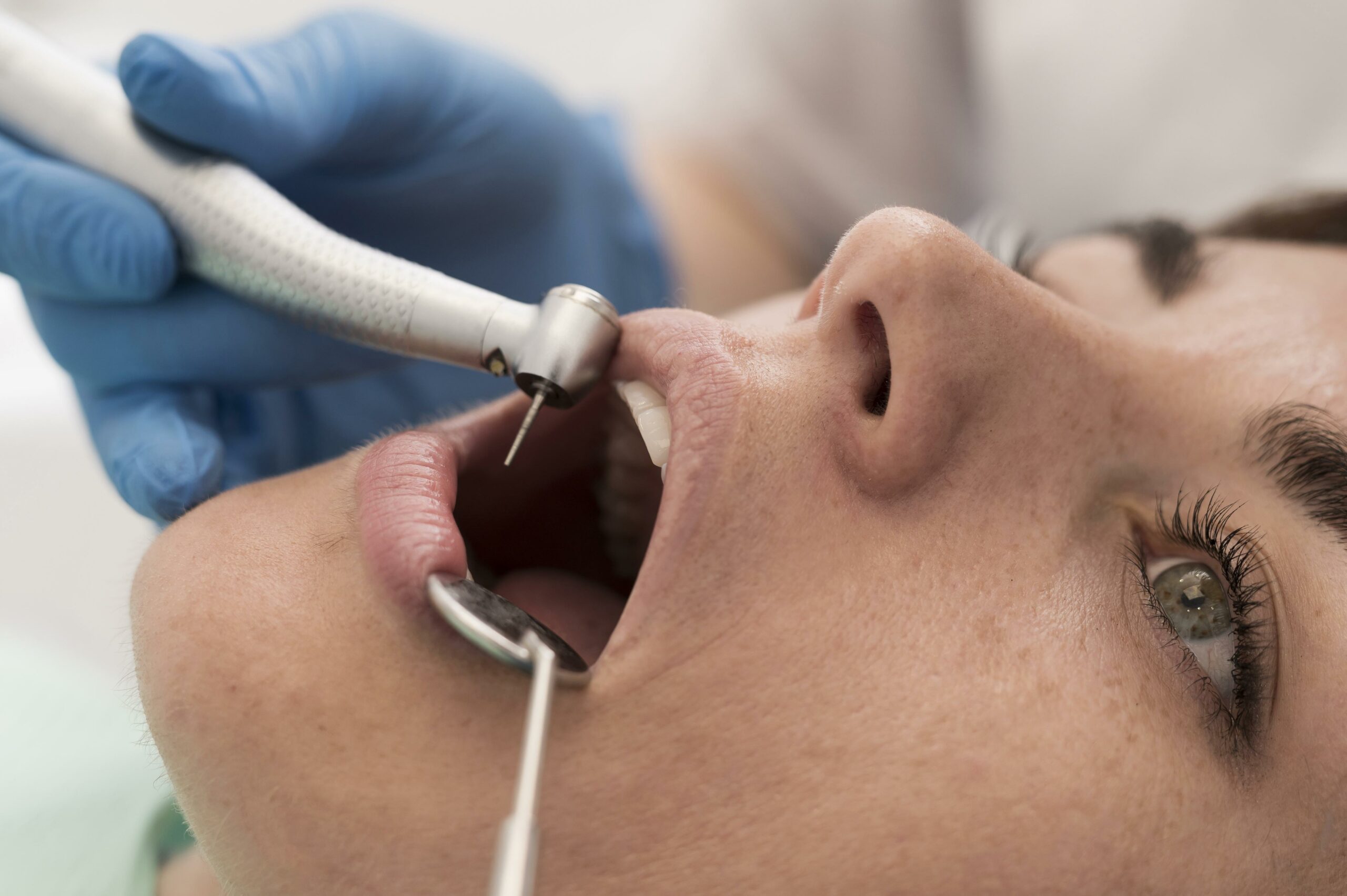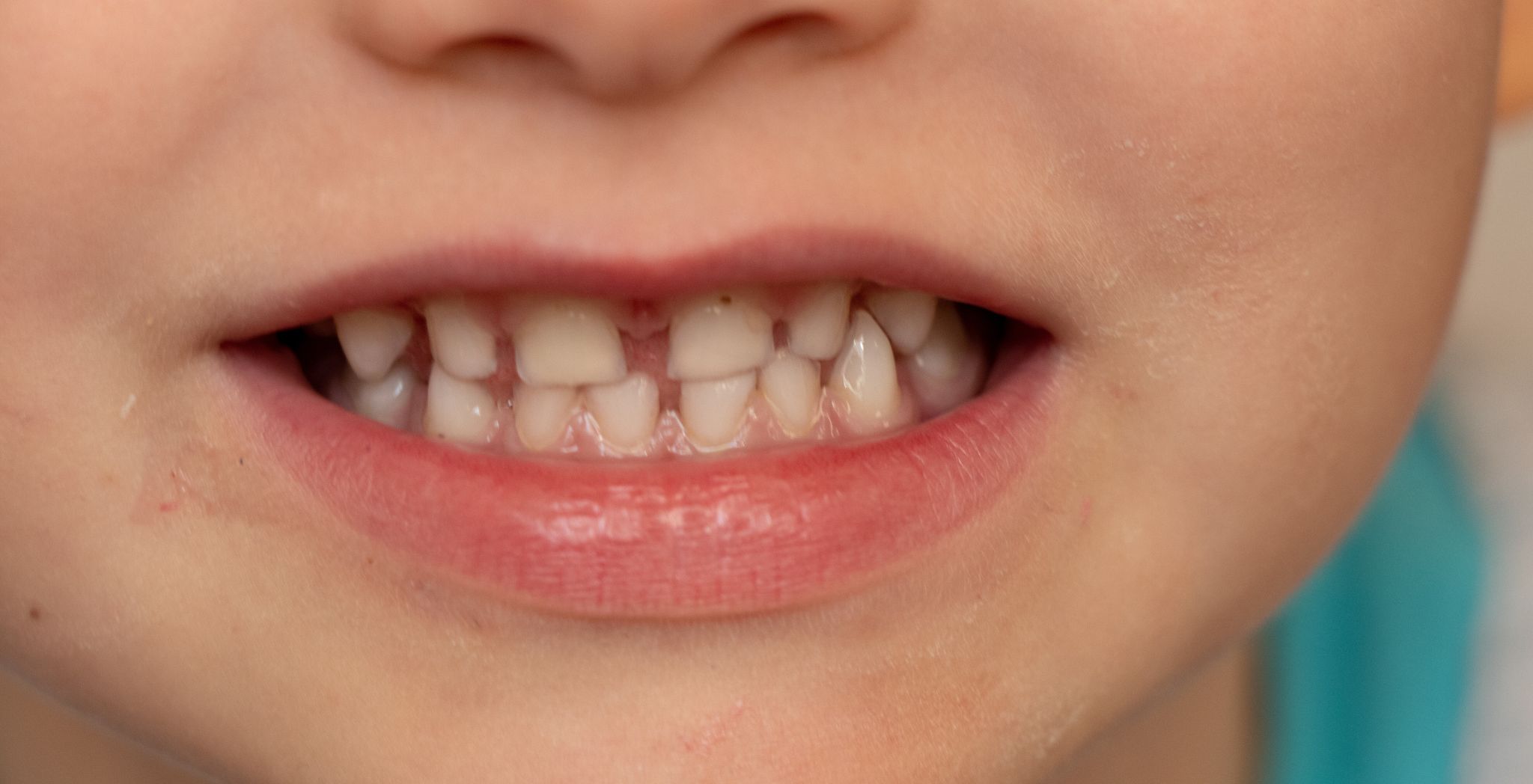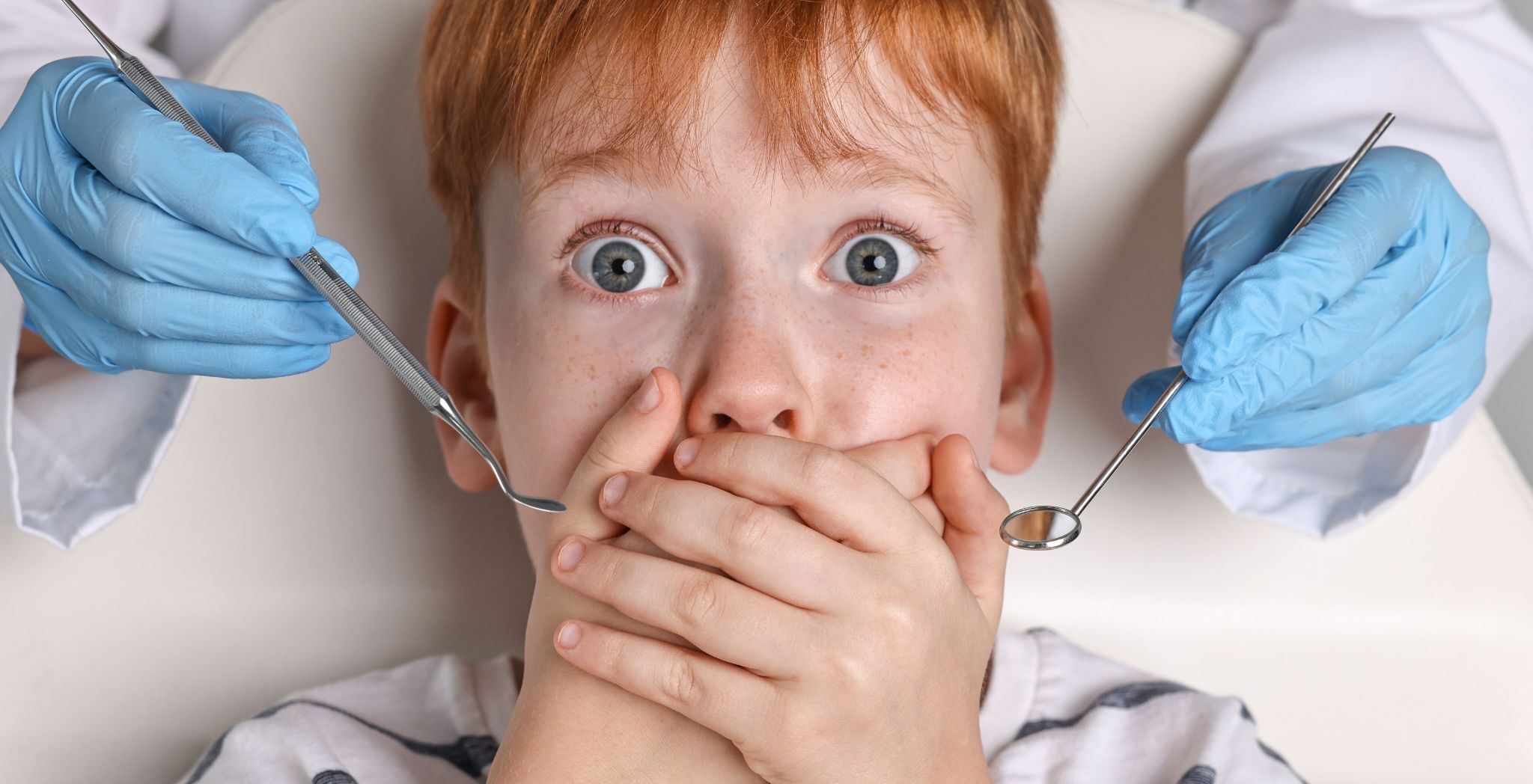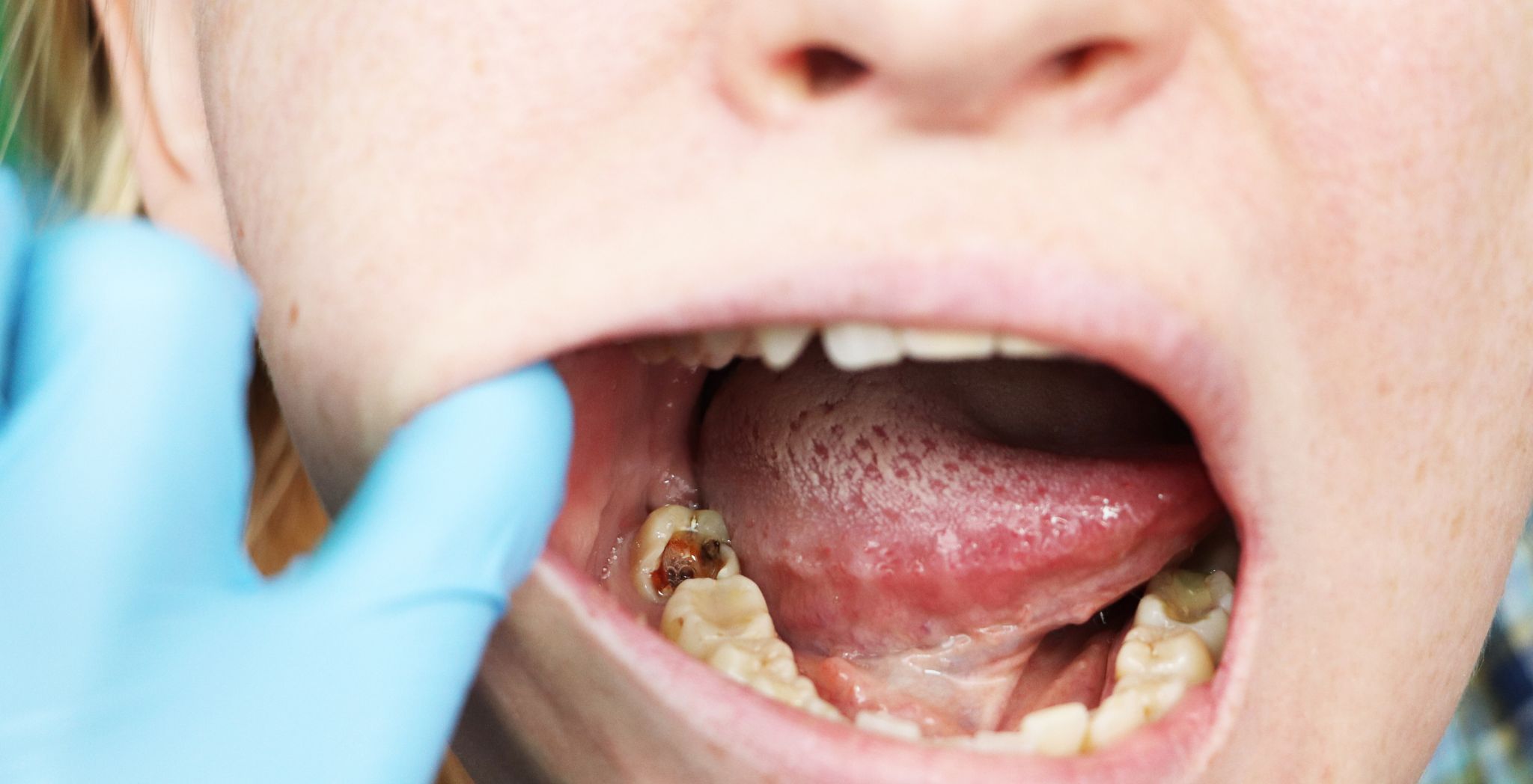Going to the dentist can be a bit scary for anyone, but imagine being a small child! For many kids, the idea of a dental visit can bring on a lot of worry and even fear. This feeling is called dental anxiety in children, and it’s more common than you might think. But don’t worry, it’s something that can be understood, managed, and even overcome with the right approach.
Dental Anxiety in Children
Think of dental anxiety as a feeling of unease, nervousness, or fear about going to the dentist or having dental treatment. It’s not just a little bit of shyness; it can be a really strong feeling that makes a child very upset. Some kids might just feel a bit worried, while others might have extreme dental phobia, which is a very strong, irrational fear.
It’s important to remember that this isn’t about your child being “naughty” or “difficult.” It’s a real emotional response to something that feels threatening or uncomfortable to them.
Causes of Dental Anxiety in Children
So, why do some kids get so worried about the dentist? There are lots of reasons, and often it’s a mix of a few things:
- Bad Past Experiences: This is a big one. If a child has had a painful or uncomfortable experience at the dentist before, even if it was just a tiny prick, they might remember it and expect the same thing to happen again. This can lead to a strong association between the dentist and pain.
- Stories from Others: Kids are like sponges, soaking up everything around them. If they hear stories from friends, siblings, or even adults about negative dental experiences, it can make them nervous. Even a well-meaning relative saying, “Oh, the dentist is horrible!” can plant a seed of fear.
- The Unknown: Imagine being in a strange room, lying back in a big chair, and having someone put tools in your mouth that make strange noises. This can be very overwhelming for a child because they don’t understand what’s happening. The lack of control and the unfamiliar environment can be scary.
- Sensory Overload: Dental offices have lots of unique smells (sometimes that “dentist smell”), sounds (drills, suction), and sights (bright lights, masks). For some sensitive children, these sensory inputs can be too much and contribute to their anxiety.
- Parental Anxiety: Children are incredibly attuned to their parents’ emotions. If you, as a parent, are anxious about dental visits, your child will likely pick up on that. They might sense your unease and start to feel anxious themselves, even if you don’t say anything.
- Feeling Helpless and Out of Control: When a child is in the dental chair, they’re often lying down, with their mouth open, and can’t see what’s happening. This lack of control can be very frightening for them.
- Pain or Discomfort: Even if a procedure isn’t supposed to be painful, some children are more sensitive to discomfort. The thought of potential pain can be enough to trigger anxiety.
- Personality and Temperament: Some children are naturally more cautious, shy, or sensitive than others. These traits can make them more prone to developing dental anxiety.
Understanding these causes is the first step in helping your child. It’s about empathy and recognising that their fear is real to them.
How to Recognise Dental Anxiety in Children
It’s not always obvious that a child is feeling anxious. Sometimes they might not even be able to tell you exactly how they feel. Here are some dental anxiety symptoms to look out for:
- Before the Appointment
- Asking lots of questions about the dentist: “Will it hurt?” “What will they do?”
- Becoming withdrawn or unusually quiet.
- Fussiness or irritability.
- Trouble sleeping the night before.
- Complaining of tummy aches or headaches (physical symptoms of anxiety).
- Expressing a strong desire not to go, or outright refusal.
- Tantrums or crying spells.
- At the Dental Clinic
- Clinging to a parent.
- Refusal to sit in the dental chair.
- Crying, screaming, or becoming very agitated.
- Becoming very quiet, withdrawn, or unresponsive (freezing up).
- Sweating, rapid breathing, or trembling.
- Pushing their hands away from their mouth.
- Gagging or having trouble breathing when instruments are near their mouth.
- Trying to run away or hide.
Recognising these signs early can help you intervene and make the experience better for your child.
The Importance of Addressing Dental Anxiety Early
You might think, “Oh, they’ll grow out of it.” But ignoring dental anxiety can have serious long-term consequences for your child’s oral health and overall well-being.
- Skipped Appointments: If a child is terrified, they might refuse to go to the dentist. This means missing regular check-ups and cleanings, which are crucial for preventing problems like cavities and gum disease.
- Worsening Dental Problems: Small issues can become big, painful problems if not treated early. A small untreated cavity can become a severe toothache, infection, or even tooth loss.
- Negative Association with Healthcare: If a child has a very bad experience at the dentist, it can also make them anxious about other medical appointments. This can lead to a general distrust of healthcare professionals.
- Impact on Confidence and Social Life: Untreated dental problems can lead to pain, difficulty eating, and even affect a child’s appearance, which can impact their self-confidence and how they interact with others.
- Lifelong Phobia: If dental anxiety isn’t addressed, it can develop into a lifelong extreme dental phobia. Adults with severe dental phobia often avoid the dentist for years, leading to significant dental problems and impacting their quality of life.
Addressing dental anxiety early is an investment in your child’s future health and happiness.
Ways to Help Manage and Reduce Dental Anxiety
Here are some practical tips for managing dental anxiety in kids and helping them overcome dental fear:
- Start Early: The earlier you start taking your child to the dentist for positive experiences, the better. Around their first birthday is a good time for their first check-up. These initial visits are often just about getting them used to the environment.
- Positive Language is Key: Avoid using scary words like “needle,” “drill,” “pull,” or “hurt.” Instead, use child-friendly language. For example, “sleepy juice” instead of anaesthetic, “tooth cleaner” instead of drill, or “Mr. Thirsty” for the suction tool.
- Read Books and Watch Videos: Many wonderful children’s books and videos about going to the dentist present the experience in a positive and fun way, which can help normalise it.
- Play Dentist at Home: Get a toothbrush and pretend to be the dentist, looking at your child’s teeth. Let them be the dentist too! This helps them feel in control and familiarises them with the process.
- Focus on the Positives: Talk about how the dentist helps keep their teeth strong and healthy so they can eat all their favourite foods and have a beautiful smile.
- Choose the Right Time: Schedule appointments when your child is well-rested and not hungry. A tired or hungry child is more likely to be irritable and anxious.
- Be a Good Role Model: Show your child that you’re not afraid of the dentist. Talk positively about your own dental visits.
- Don’t Promise Things You Can’t Control: Avoid saying “It won’t hurt at all” because you can’t guarantee that. Instead, say, “The dentist will be very gentle, and we’ll be right there with you.”
- Bring a Comfort Item: Let your child bring a favourite toy, blanket, or stuffed animal for comfort.
- Distraction Techniques: During the appointment, engage your child in conversation, sing a song, or use deep breathing exercises. Some dental clinics have TVs on the ceiling, which can be a great distraction.
- Stay Calm Yourself: Your child will pick up on your emotions. If you’re stressed, they’ll be stressed. Take a few deep breaths before you go in.
- Reward Positive Behaviour (Not Bribery): Instead of bribing them with “if you go to the dentist, I’ll buy you a toy,” try “after we go to the dentist, we can go to the park because you were so brave!” This focuses on celebrating their bravery.
How Dentists Can Help Manage Your Child’s Anxiety
A good paediatric dentist (a dentist who specialises in children’s teeth) or even a general dentist with extensive experience with kids will have special techniques to help with paediatric dentistry anxiety solutions.
- Child-Friendly Environment: Look for a clinic that feels welcoming to children, with bright colours, toys, and perhaps even a play area.
- Gentle Approach: Dentists who work with kids are trained to be extra gentle and patient.
- “Tell-Show-Do” Method: This is a common technique in which the dentist tells the child what they are going to do in simple language, shows them the instruments (e.g., showing them the mirror and letting them touch it gently), and then performs the procedure. This helps reduce the fear of the unknown.
- Positive Reinforcement: Dentists often praise children for being brave and cooperating.
- Nitrous Oxide (Happy Gas): For more anxious children, “happy gas” (nitrous oxide) can be offered. It’s a mild sedative that helps children relax and feel a bit giggly or floaty. It wears off quickly.
- Sedation: Deeper sedation or general anaesthesia might be considered in cases of extreme dental phobia or for very complex procedures. This is usually done by a specialist and helps the child sleep through the procedure.
- Breaks and Control: A good dentist will allow the child to take breaks if needed and give them a “stop” signal (like raising a hand) if they need to pause. This gives the child a sense of control.
When looking for a dentist, especially if you’re in the Aspendale area, it’s worth asking if they have a lot of experience with children and what methods they use to manage anxiety. Finding a dentist like dentist Aspendale that your child trusts is incredibly important.
When to Seek Professional Help for Dental Anxiety
Most children can overcome mild to moderate dental anxiety with the tips above and a supportive dental team. However, sometimes the anxiety is so severe that it becomes an extreme dental phobia, and you might need extra help. Consider seeking professional help if:
- Your child’s anxiety is causing them to miss essential dental appointments repeatedly.
- The anxiety is impacting their daily life outside of dental visits (e.g., they are constantly talking about it, having nightmares).
- They are experiencing severe physical symptoms of anxiety before or during appointments.
- The usual coping strategies are not working, and your child remains inconsolably distressed.
- The dental problem is becoming urgent due to avoidance, and treatment is necessary.
In these cases, a child psychologist or therapist who specialises in anxiety disorders can provide strategies like cognitive-behavioural therapy (CBT) to help your child reframe their thoughts and feelings about the dentist. They can work in conjunction with the dental team to create a comprehensive plan.
Conclusion
Dental anxiety in children is a real challenge for many families, but it doesn’t have to be permanent. By understanding its causes, recognising the signs, and using proactive strategies, you can significantly reduce your child’s fear. Partnering with a patient and child-friendly dentist in Aspendale (or wherever you are located!) is key to creating positive dental experiences. Early intervention and consistent positive reinforcement will protect your child’s smile and help them develop a healthy attitude towards their overall health.
Is Your Child Struggling With Dental Anxiety?
Don’t let fear prevent a healthy smile. Contact your local children’s dentist at Aspendale Gardens Dental Care today to discuss how they can help your child have a positive and comfortable dental experience.
A happy smile starts with a happy visit!

